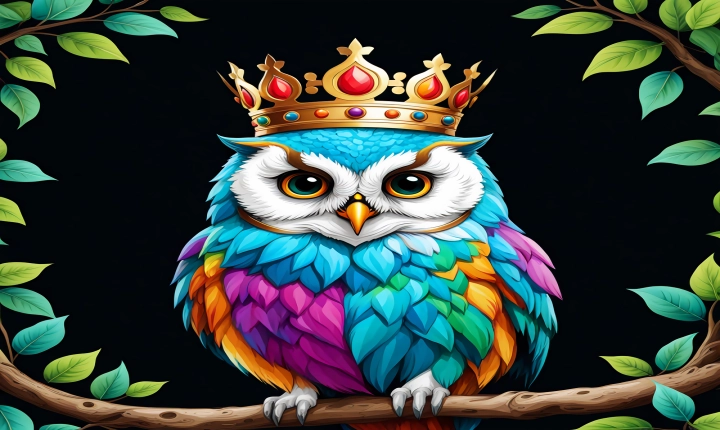How to Make an AI that Plays Go
Go, a traditional East Asian board game, has been considered one of the most complex games to master due to its vast branching factor and the strategic depth involved. It has long been a significant challenge in the field of artificial intelligence (AI) to create a computer program that can compete with human Go players at a high level. However, recent advancements in AI and machine learning have led to the development of powerful algorithms that can play Go at a level comparable to that of top human players. In this article, we will explore the process of creating an AI that plays Go and the techniques involved in achieving this feat.
Understanding the Game of Go
Before delving into the creation of an AI that plays Go, it’s crucial to have a solid understanding of the game itself. Go is played on a grid of intersecting lines, where players take turns placing their stones on the intersections. The objective is to surround and capture the opponent’s stones, ultimately controlling a larger area of the board than the opponent. The game’s complexity arises from the vast number of possible moves and the strategic considerations involved in each move.
Creating a Game Tree
To build an AI that can play Go, a fundamental requirement is the generation of a game tree. A game tree represents all the possible sequences of moves that can occur in a game. In the case of Go, the branching factor is incredibly high, as there are numerous potential options for each move. Constructing a game tree for Go involves exploring various combinations of moves and their consequences, allowing the AI to analyze the potential outcomes of different strategies.
Utilizing Monte Carlo Tree Search
One of the key techniques used in building AI for Go is the Monte Carlo Tree Search (MCTS) algorithm. MCTS is a heuristic search algorithm that uses random sampling and statistical analysis to navigate the game tree. This approach is particularly effective for Go, as it allows the AI to estimate the value of different board positions and explore potential move sequences efficiently.
Training with Reinforcement Learning
In recent years, reinforcement learning has emerged as a powerful method for training AI to play complex games, including Go. Reinforcement learning involves training an AI agent through trial and error, allowing it to learn optimal strategies by receiving feedback on its moves. Through this process, the AI can improve its decision-making abilities and develop a deeper understanding of the game.
Incorporating Neural Networks
Neural networks have also played a significant role in the development of AI for Go. By training neural networks to evaluate board positions and predict the best moves, AI agents can leverage the deep learning capabilities of neural networks to make informed decisions during gameplay. This approach has proven to be highly effective in enhancing the playing capabilities of AI in Go.
Fine-Tuning with Human Expertise
In addition to leveraging advanced algorithms and machine learning techniques, incorporating human expertise and knowledge of Go has been crucial in refining AI agents. By studying and analyzing games played by top human players, AI developers can gain insights into advanced strategies and tactics, which can be integrated into the AI’s decision-making process.
The Progress and Future of AI in Go
The development of AI that can play Go at a high level represents a significant milestone in the field of artificial intelligence. AlphaGo, developed by DeepMind, made headlines in 2016 by defeating one of the best human Go players, marking a major achievement for AI in mastering the game.
Looking ahead, the continued advancement of AI in Go holds the potential to deepen our understanding of complex decision-making processes, enhance the capabilities of AI in strategic games, and push the boundaries of machine learning and computational intelligence.
In conclusion, creating an AI that plays Go involves a combination of sophisticated algorithms, machine learning techniques, and a deep understanding of the game itself. Through the integration of game tree exploration, Monte Carlo Tree Search, reinforcement learning, neural networks, and human expertise, AI developers have made remarkable strides in building AI agents capable of competing with top human players in Go. As AI continues to evolve, we can expect further breakthroughs in the realm of strategic game playing and computational intelligence.
